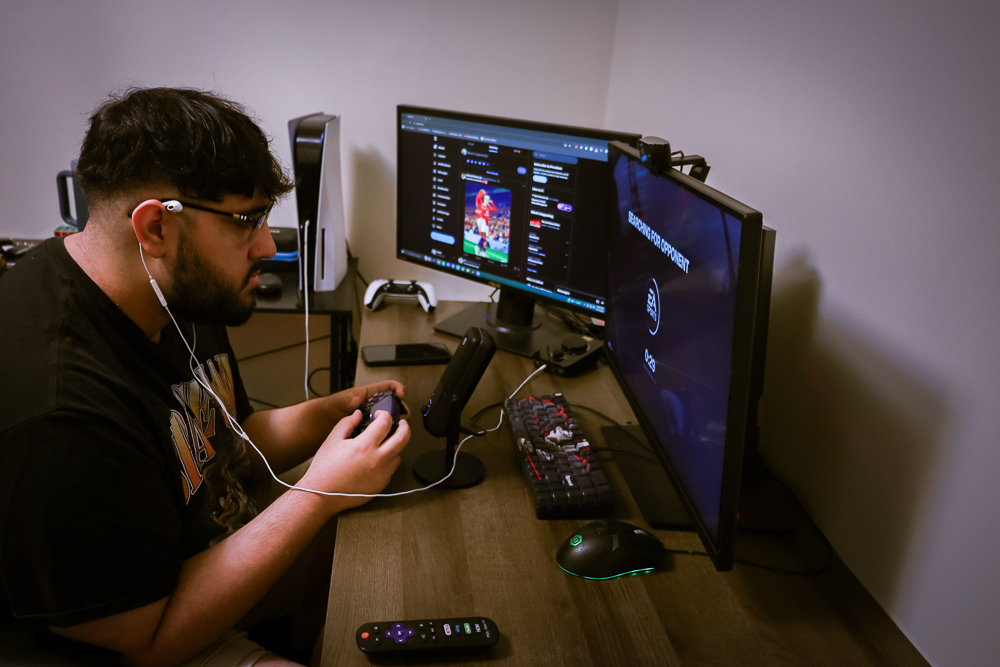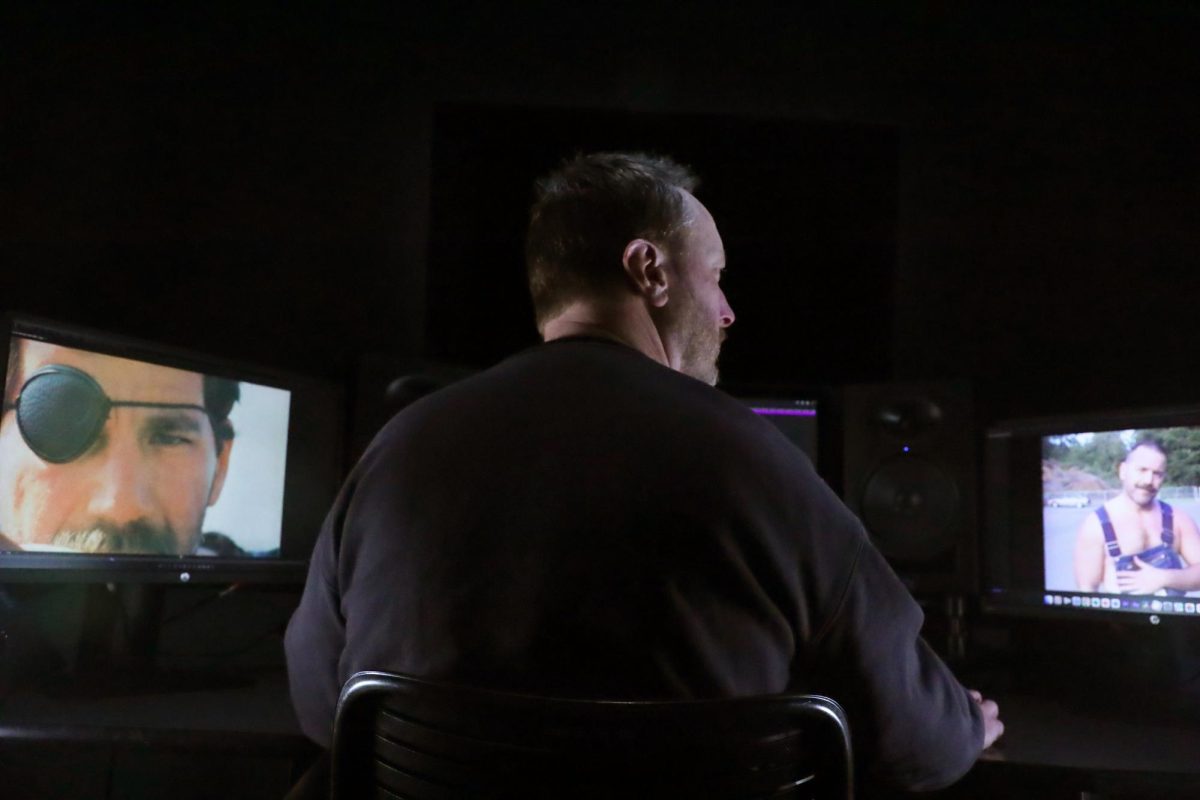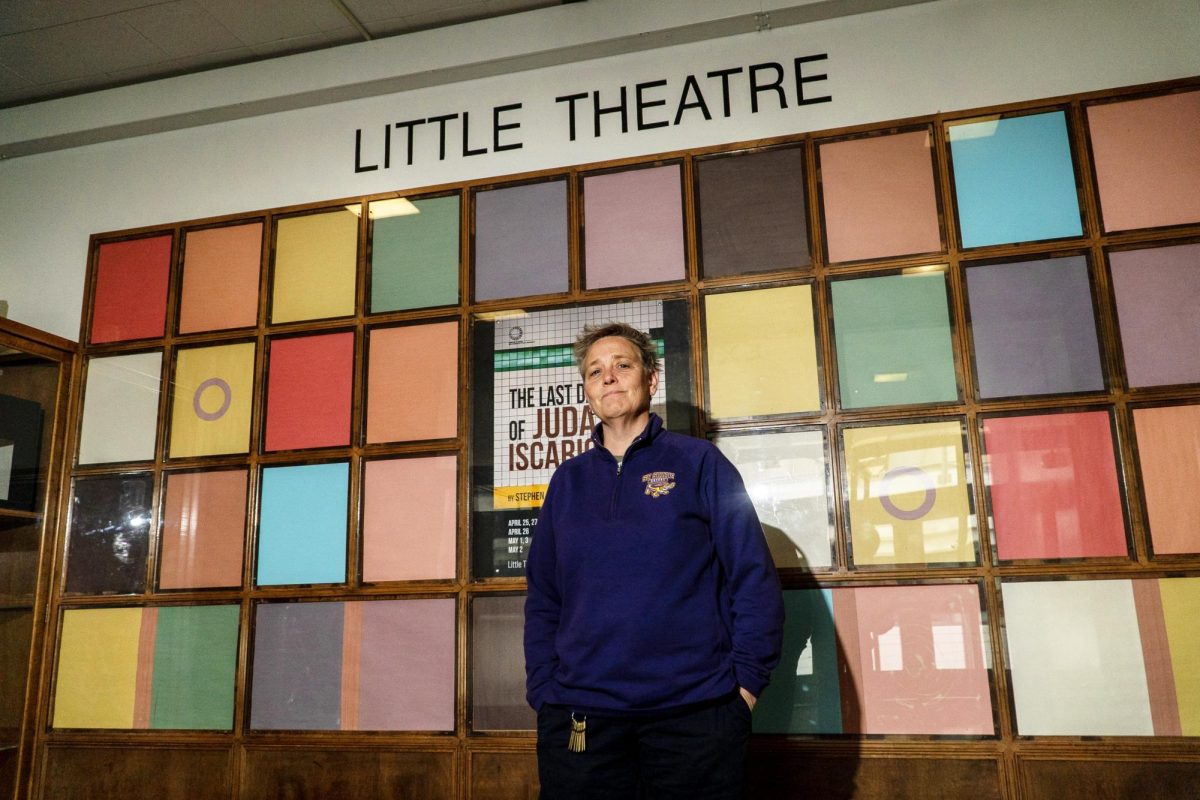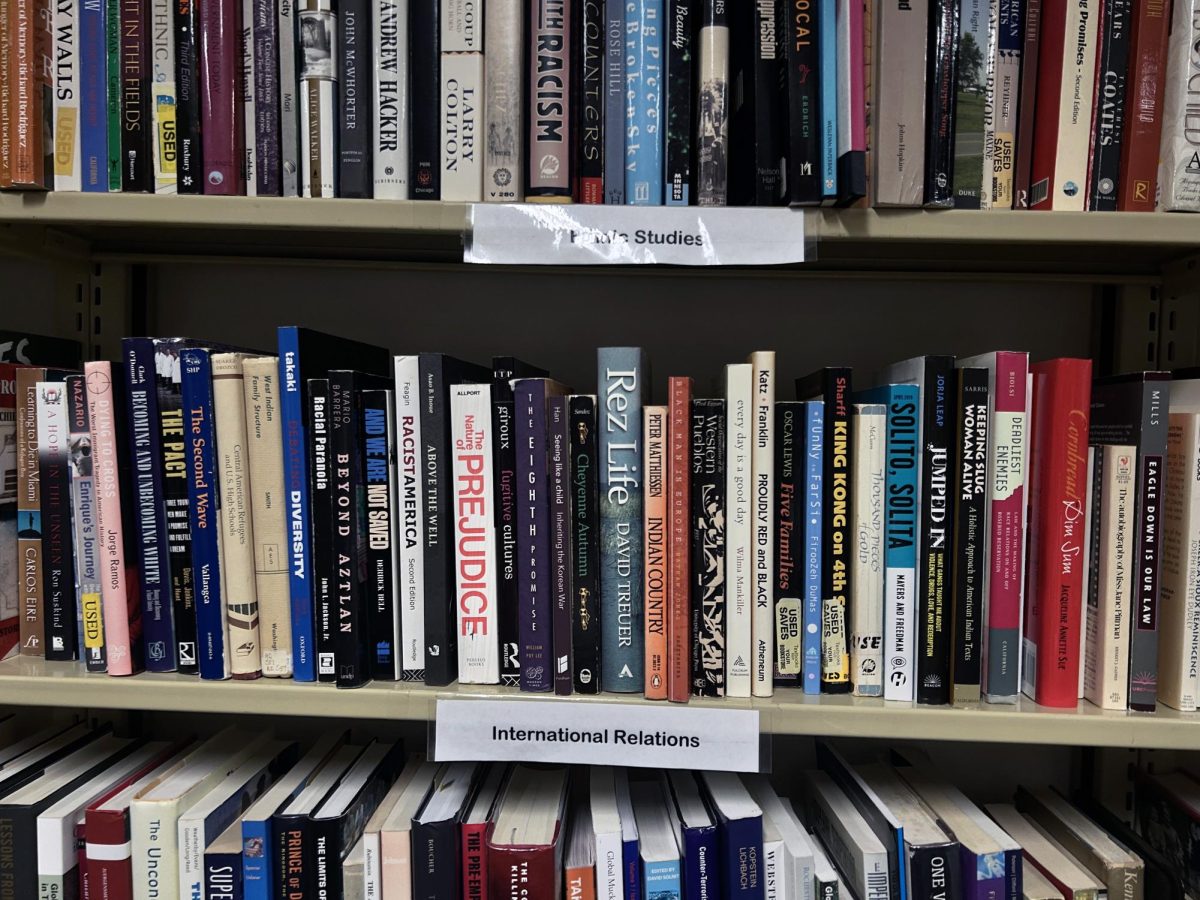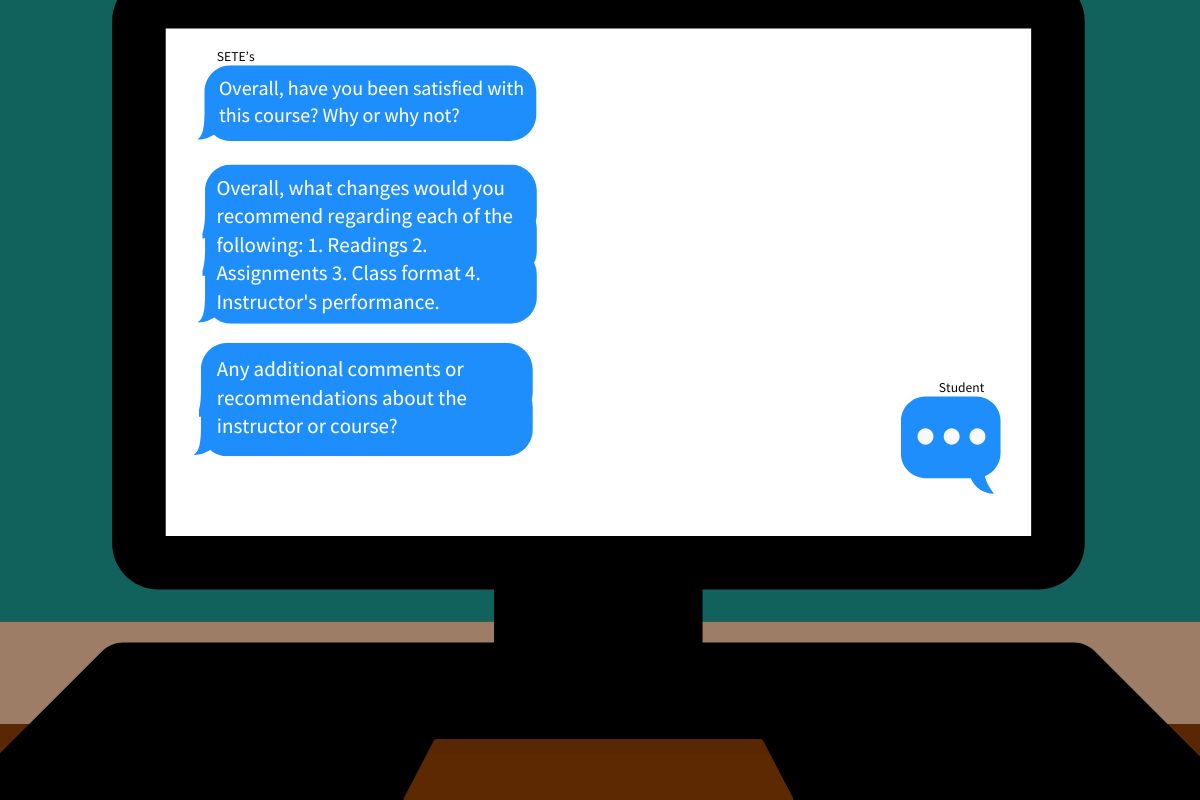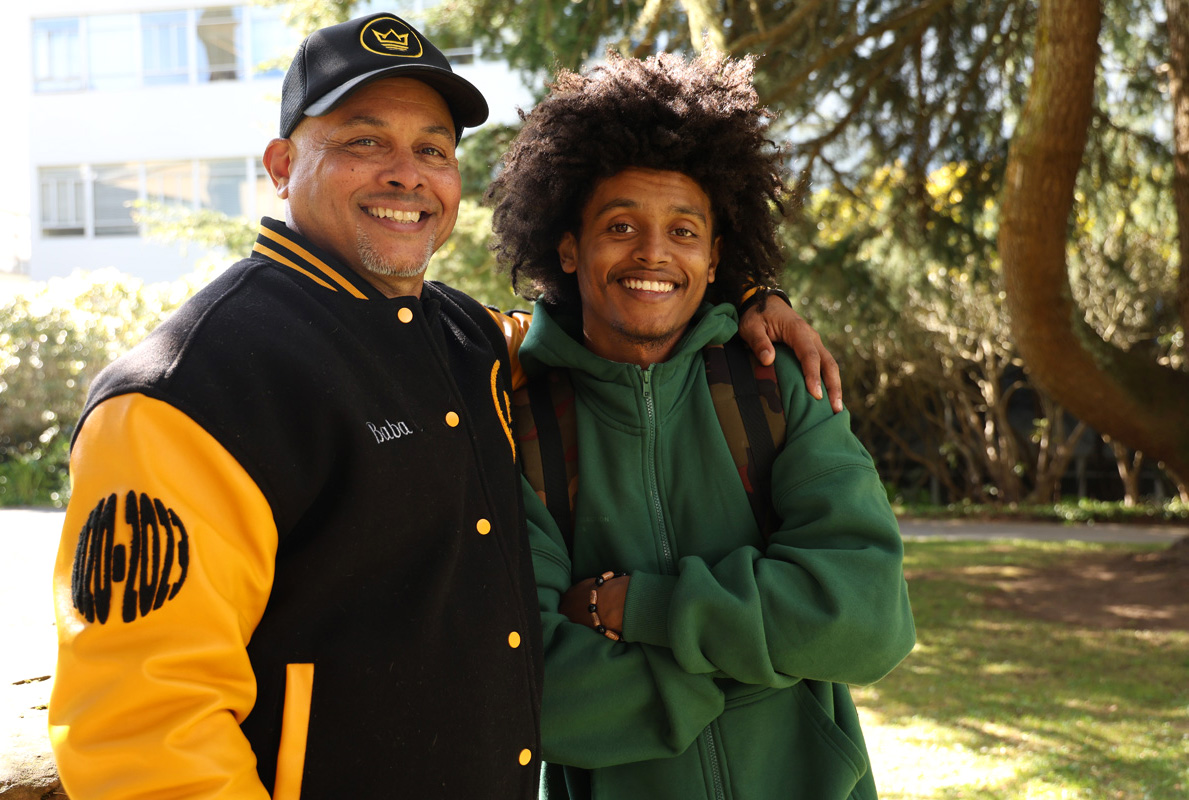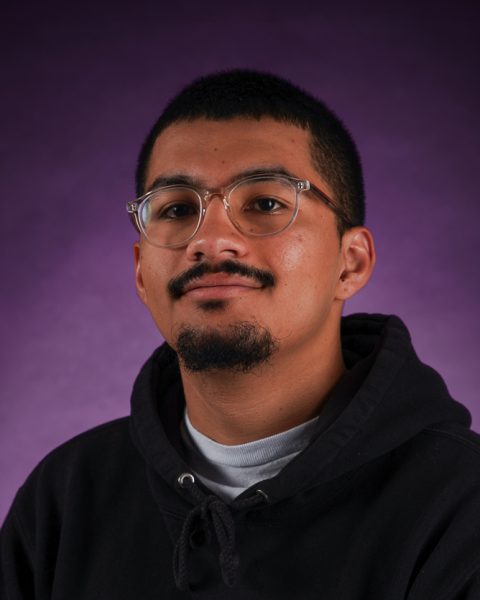In a world where the lines of entertainment, culture and technology blur, SF State’s video games studies minor offers students the ability to dive into the booming industry of interactive storytelling. From understanding the psychology of gameplay to exploring the art of esports and livestreaming, this program is much like a hidden gem, empowering students to unlock achievements.
Video games have become much more than just a hobby or pastime. Esports and livestreaming have become a rapidly growing community, and their popularity is projected to only go up from here. SF State has put together the video game studies minor (VGS) for people who are passionate about video games and would like to build a career in this field. The video games studies minor is an interdisciplinary approach to the study of video games, providing a unique look into how the video game industry is about more than just playing games.
According to Statista Market Insights, the United States has the highest shared revenue in esports. It is currently estimated at reaching $4.3 billion by the end of 2024. It’s no surprise that many companies are transitioning toward a more digital form of media within the competitive video game and content creation scene.
Christopher Weinberger is the coordinator of the video game studies minor. Through his experience teaching comparative moral literature, Weinberger realized the untapped potential of teaching about video games. “I thought I knew a lot about video games, but I’ve realized that there’s so much more that I can get out of thinking about them,” Weinberger said.
“In order to really understand and grasp what’s going on in video games, we need so many different points of view,” said Weinberger. “We need to understand the psychology. We need to understand issues of race, identity and representation. But at the same time, we need to understand business, marketing and distribution. We need to know how the communication works within the game, but also about the communities that form around the games.”
Professor Weinberger is one of the creators of the minor, which was formed in 2015 through joint efforts with some faculty members from the music department.
“I began asking around, saying, ‘Hey, is anyone else at [SF] State working on games?’” Weinberger said. “Well, it turns out, at the same time, a couple folks at music were thinking about audio. Turns out, video games are one of the biggest employers of musicians and people who work in music for the sound, sound design and implementation in video games.”
The efforts further moved into planning how courses would also be taught. Weinberger slowly integrated this within his own courses he was teaching at the time. In addition, the course material gathered interest from other departments.
“How can we robustly involve students in the fascinating ways that video games sprawl beyond disciplinary and academic borders?” Weinberger said.
“We had someone from computer science and someone from philosophy, a few people from design, cinema,” Weinberger said. “People began to sort of trickle in as they heard it, but it was mostly faculty at the time. At the same time, though, I was teaching video games just a little bit more in my classes, and students were starting to get involved.”
As the video game studies minor started to take shape, student interest grew. However, most of the effort toward creating the minor’s courses was solely the volunteer work of Professor Weinberger and the other faculty members.
“Creating this brand new program and advising students, none of that was like, ‘Here, have a little bit extra to do this stuff.’ It was all just because this is what the faculty were excited about,” Weinberger said.
Minh Truong, a third-year international student at SF State, was someone who didn’t know about the video game studies minor until receiving a recommendation from his friend. Truong, originally from Vietnam, had a background in video games. He had competed in underground esports tournaments for League of Legends, a popular multiplayer online battle arena game.
Truong had trouble finding sponsors for his esports team back home in order to compete in a national championship in Vietnam, which ended his campaigning for an esports team. However, Truong still plays Tekken, a popular fighting game, competitively at SF State.
“Not this semester, because this semester we don’t have a Tekken tournament,” Truong said. “But the previous one [semester], I competed about five or six times in a row. I really enjoy the community in SF State.”
This enjoyment of video games goes beyond just playing the games. Truong’s experience emphasizes the connections made through the video game studies minor. He hopes to work in the international video game market for companies such as Capcom.
Students aiming to work for companies like Capcom often lack the platforms necessary to build their personal brands. Dina Ibrahim, a professor in the Broadcast and Electronic Communications Art program at SF State, hopes to change this within her Live Streaming and Content Creation for Esports (BECA 454) course.
This semester, Ibrahim has full access to a production studio located in Marcus Hall, where BECA 454 is held every Thursday morning. The space resembles something out of Warner Bros.’ Studios, containing many different costumes, production cameras, microphones and other equipment used in a professional studio setting.
Ibrahim wants creativity within the class and has had some interesting ideas through her history of teaching. She explained how one of these came through the COVID-19 pandemic.
“It was a space where students could get credit for being creative and doing stuff that they were passionate about,” Ibrahim said. “I had another guy who loves to build model airplanes. I had another group — they were hilarious — they did a cannabis cooking show. They would do this thing where all three of them would try the same recipe, and they would cook with the pot, and then they would get totally high off their asses and just start giggling. It was great.”
Ibrahim makes it a focal point to build the students’ brand or ideas for monetization. “Students are required to start their own channel if they don’t already have one,” she said. “And if they have one, they need to figure out a way to monetize that channel that they’re putting content on.”
Ibrahim wants students to build connections with people who are taking classes within the minor, as well as alums involved with whatever career path students may choose.
“I also want them to be able to put on their resumes that they were part of organizing esports tournaments,” Ibrahim said. “That means that you [have] got to coordinate with teams. You have to sign players up…host it, and you have to make it happen.”
An important assignment that Ibrahim assigns is for students to seek out the sponsors. Ibrahim stressed the importance of the sponsors to help form their tournaments.
“I’m going to make them go to Stonestown mall and just…go to local businesses and say, ‘hey, I’m a San Francisco State student. Would your local business be interested in sponsoring our tournament or our channel?’”
Ena Murphy, a junior at SF State, is a frequent player in the competitive gaming scene.
“Yeah, it’s just been incredible,” Murphy said. “I need to take an extra class for credit; why not make it a video game class?”
The esports industry is an established way to build a career, but it has to happen sustainably with some proper guidance and direction. Diego Camargo, a third-year student who has represented SF State as a member of competitive gaming teams, spoke on the issue of sponsors in esports.“They’re kind of just putting money to commercialize it – because this is a big profitable thing – without actually doing the proper research,” Camargo said.
Eric Perez, who also goes by the pseudonym NRG Wheats, is the head coach of SF State’s Overwatch team. He thinks that esports has hit a rough patch.
“I think we’re getting past it now, though,” Perez said. “I think this year is a hard year, yet it should start going up from here.”
Perez feels that the main companies, such as Blizzard Entertainment, are looking for a quick profit instead of investing fully into esports. “We’ve given similar feedback for a long time about the developers not really talking to professional players or coaches.”
In the future, the video games studies minor hopes to expand into a major, given the student feedback. “I think the story of most of the students in the minor is of glee,” said Weinberger. “That there’s faculty who are taking this really seriously.”
For an interactive look, click here – https://www.canva.com/design/DAGQbD8VTTM/xlznq7DTJGgGvGsXgOIW7Q/view



